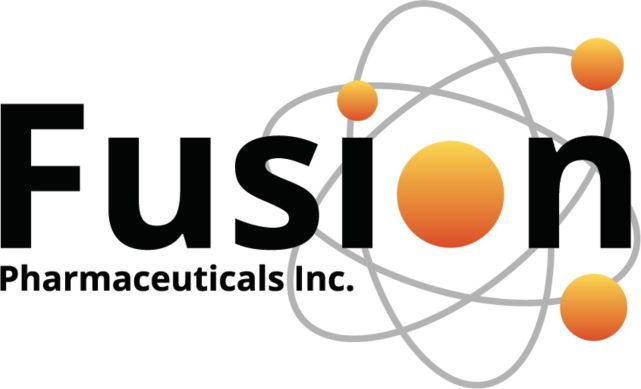
By Veronica Salib
On March 19, 2024, AstraZeneca entered into a definitive agreement to acquire Fusion Pharmaceuticals in a US$2 billion deal. Through this deal, AstraZeneca will expand its portfolio and gain access to Fusion’s clinical-stage, next-generation radioconjugates and research that have been used in oncology treatments.
According to the American Chemical Society (ACS), radioconjugates have emerged as a critical tool in oncology. They combine a targeting agent to identify cancer cells with cancer-killing radioactive isotopes.
By acquiring Fusion Pharmaceuticals, AstraZeneca will add multiple radioconjugates to its portfolio, including Fusion’s most advanced radioconjugate, FPI-2265.
“Between 30 per cent and 50 per cent of patients with cancer today receive radiotherapy at some point during treatment, and the acquisition of Fusion furthers our ambition to transform this aspect of care with next-generation radioconjugates. Together with Fusion, we have an opportunity to accelerate the development of FPI-2265 as a potential new treatment for prostate cancer and to harness their innovative actinium-based platform to develop radioconjugates as foundational regimens,” said Executive Vice President of Oncology Research and Development at AstraZeneca, Susan Galbraith in the press release.
FPI-2265 is a phase 2 radioconjugate for patients with metastatic castration-resistant prostate cancer (mCRPC). It targets prostate-specific membrane antigens that are highly expressed in mCRPC.
“This acquisition combines Fusion’s expertise and capabilities in radioconjugates, including our industry-leading radiopharmaceutical R&D, pipeline, manufacturing, and actinium-225 supply chain, with AstraZeneca’s leadership in small molecules and biologics engineering to develop novel radioconjugates. Expanding on our existing collaboration with AstraZeneca, where we have advanced FPI-2068, an EGFR-cMET targeted radioconjugate into Phase I clinical trials, gives us a unique opportunity to accelerate the development of next-generation radioconjugates with the aim of transforming patient outcomes,” added Chief Executive Officer, Fusion John Valliant.
AstraZeneca is spending US$21.00 per share to acquire Fusion, which is roughly US$2 billion in up-front costs. Additionally, the company’s agreement specifies a US$3.00 per share non-transferable contingent value right if they reach a pre-specified regulatory milestone, which was not disclosed in the press release.
Despite the hefty cost of this acquisition, which is roughly 84 per cent greater than its 30-day volume weight average price of US$11.37 per share, AstraZeneca implies that the acquisition is a significant step forward for the company’s oncology portfolio.



